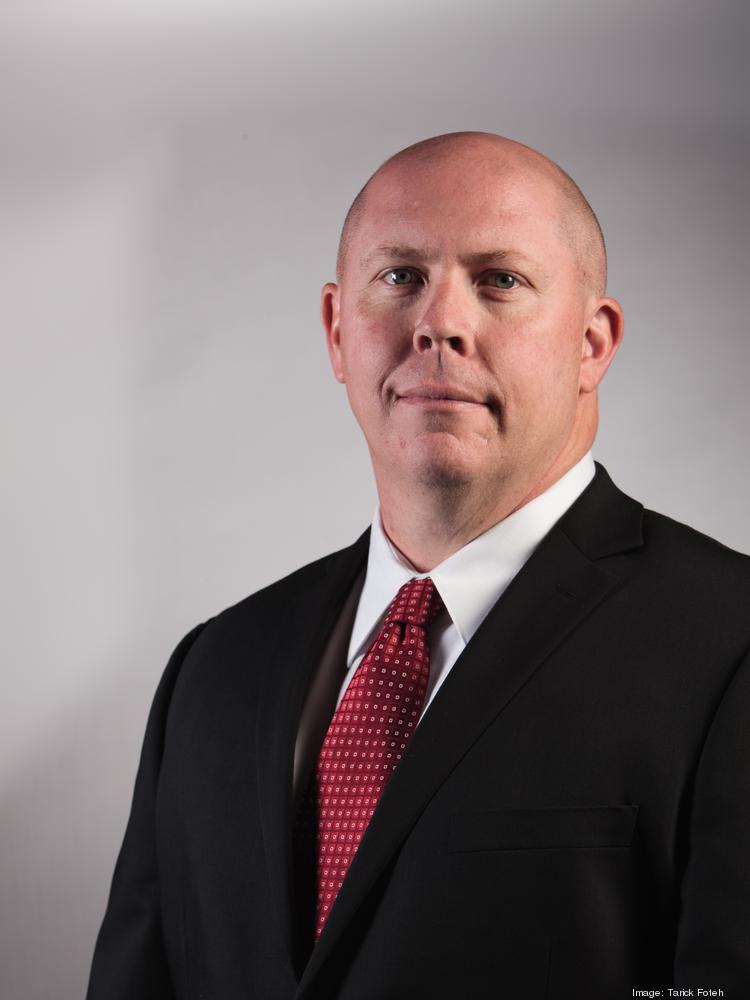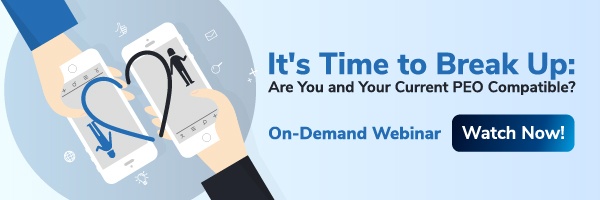Topic Retirement & 401(k)
Why Your Business Should use a PEO's Retirement Plan

August 24, 2021 | By Mark Morter

Businesses often associate HR outsourcing solely with payroll services. While a comprehensive HR outsourcing solution, like a Professional Employer Organization (PEO), will provide payroll services, it supports your company in so many other ways, including retirement plans. And a PEO retirement plan can save you money.
When using a PEO for your company's benefits, you may see cost savings, especially with retirement plans. A PEO will administer your 401(k) program, helping your employees achieve retirement success and your company achieve cost savings.
What is a 401(k) retirement plan?
A 401(k) is one of the most common retirement plans. It is only available to employees through their employer and is a type of contribution plan where employees see a monthly deduction from their paycheck. In some cases, though not required, an employer will match the employee's contributions up to a certain amount.
Typically, a company is tasked with managing its own retirement plan. This is called a single-employer plan. If your company manages a single-employer plan, you take on the responsibility of administering the retirement plan and take on all of the liability associated with it.
Why use a 401(k) retirement plan?
Offering employee retirement benefits is an important part of any comprehensive company benefits package. A stellar benefits package can increase your retention, decrease turnover, and make it more likely that you attract top talent in your industry.
Only about half of all companies offer retirement benefits to employees. However, over 80% of employees say that retirement benefits play an important role in their decision to take a job offer. By offering retirement benefits, you can make your company culture more attractive to the best employees.
How do PEOs improve your 401(k) plan?
Administering your own retirement plan comes with many challenges and risks. Partnering with a PEO, however, can change all of that through HR outsourcing.
Instead of managing your own single-employer plan, a PEO can offer you access to their multiple employer plan (MEP). This is a separate Internal Revenue Service (IRS) classification for retirement plans used by two or more employers.
What is an MEP?
A MEP is a retirement plan maintained by two or more employers. These employers cannot be related. MEP plans are often offered through a PEO.
A PEO can offer a MEP because of the co-employment relationship between the employer and the PEO. Co-employment allows you and your PEO to share employer responsibilities. While you retain all control over your day-to-day business operations, co-employment makes your PEO the employer of record for your employees, letting them administer your 401(k) plan.
What are the benefits of an MEP?
There are many benefits to a MEP. An MEP can provide your company with cost savings and your employees with high-quality benefits.
Customizable
Under a single employer 401(k) plan, you may have to take whatever plans the provider offers. But with a MEP, you may have more options to customize your 401(k) plan, both for you and your employees. You can choose to limit employee participation by years of service, open enrollment periods, vesting, among others.
Discretionary Match
Certain retirement plans allow employers to make a contribution match, up to a certain amount. With a MEP, your PEO makes this contribution simple, should you choose to make it.
Safe Harbor Contribution
A safe harbor contribution allows your company to avoid annual compliance tests. A MEP through a PEO often includes a safe harbor provision where your company makes annual contributions on behalf of employees, which vests the contributions immediately.
Basic Employer Contribution
The general contribution from an employer to a 401(k) plan is 3 to 6 percent of the employee's annual salary. In a MEP, you can set up this contribution limit and put other restrictions around it like a minimum contribution amount the employee must make in order to get the basic employer contribution.
Reduced Administrative Fees
Using a MEP with a PEO reduces your overall administrative duties. The PEO will submit your annual audit Form 5500, required for all employers with more than 100 employees.
Your administrative fees to run the 401(k) plan may also be lower under a MEP with a PEO. Because the MEP has more assets than any single-employer plan you might get, the 401(k) provider may give a reduction on asset-based fees.
Total 401(k) Compliance
Compliance is a headache, especially with retirement plans. A PEO handles all of your compliance, so you don't need to worry about changing federal, state, and local retirement plan laws.
Your PEO will handle all of your reports and disclosures related to retirement plans, as well as file your annual reports with the Department of Labor. When you work with a PEO, they can provide you with total HR compliance beyond just retirement plans.
Reduced Fiduciary Liability
The Employee Retirement Income Security Act (ERISA) outlines a retirement plan administrator's fiduciary responsibility. ERISA requires compliance with certain complex regulations that, if not properly followed, could result in costly fines and penalties.
With a PEO, however, they take on all of the liability for managing your 401(k) plan. You will not be held responsible for losses incurred by any plan participants.
Customizable Retirement Options and Lowered Risks with a PEO
With a PEO, you can provide your employees with exactly what they want - a customizable retirement plan. While doing that, you also get lowered costs and reduced risk by letting the PEO take on an administration and fiduciary liability.

Mark Morter
As the National Sales Director, Mark has over 25 years of sales and sales management experience, 14 of which have been in the PEO industry. He has built, expanded, and turned around sales teams and markets. Mark is known for driving growth and revenue and has been recognized for the recruitment and development of Award-winning sales professionals.




